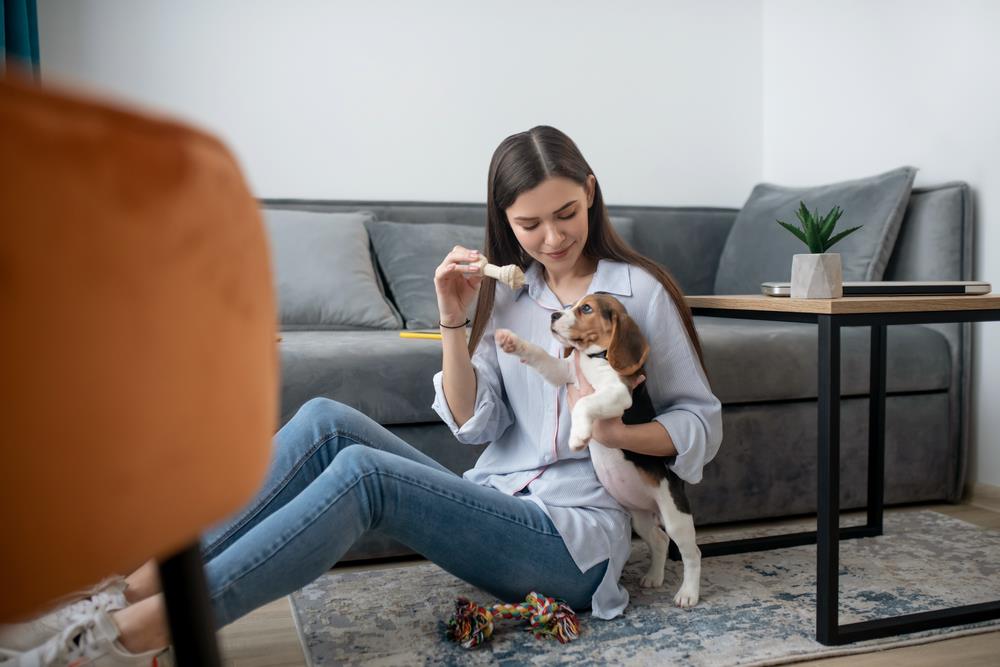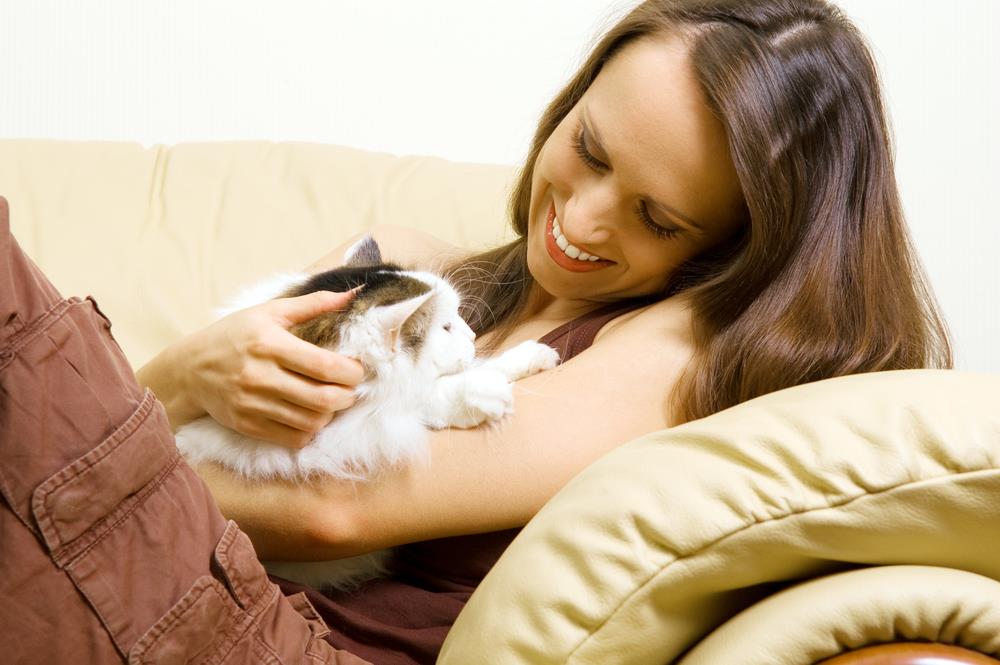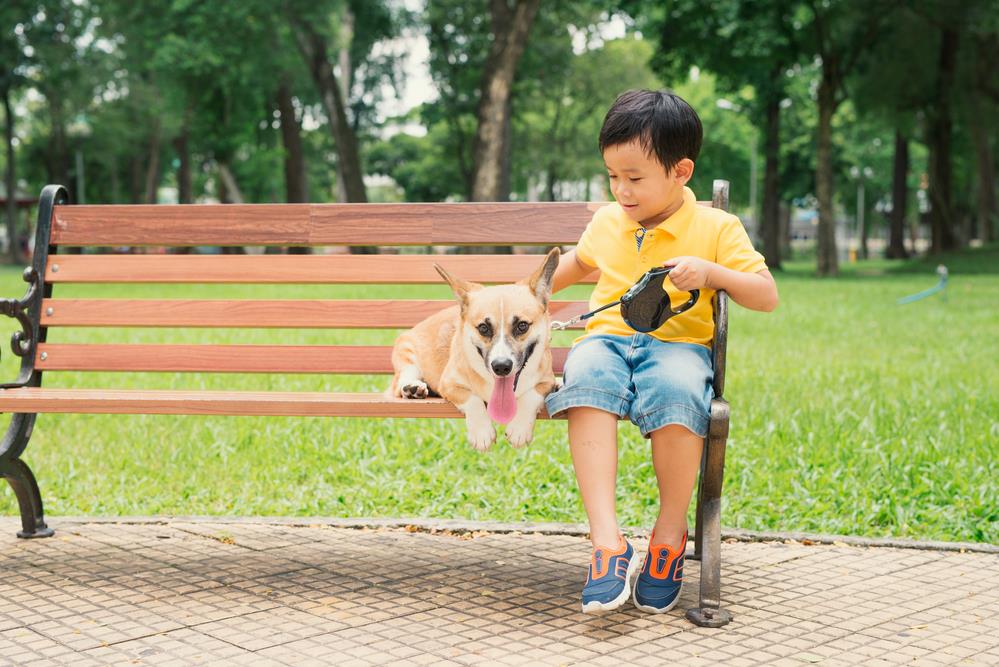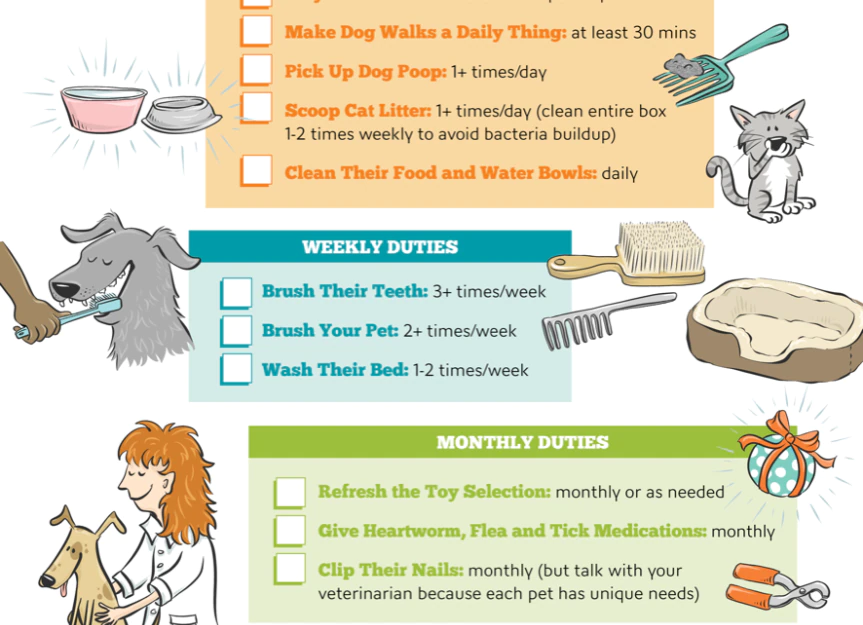Understanding the Responsibility of Pet Ownership
Owning a pet is a gratifying experience, offering companionship and unconditional love. However, it requires a significant commitment of time, resources, and emotional investment. It’s not a decision to be taken lightly.
Commitment Required for Owning a Pet
Pet ownership is a long-term commitment that can last anywhere from a few years to several decades depending upon the type of pet. Beyond the fun and companionship, pets require daily care, including feeding, exercise, and attention. Pets also need regular check-ups and vaccinations, which means trips to the vet and associated costs.

Different Types of Pet Care Responsibilities
Different pets require different types of care. Dogs need daily exercise and training, cats require a clean litter box, and fish need their tanks cleaned regularly. Regular feeding, grooming, and medical care are some of the common responsibilities across all pet types.
Being Prepared for Unexpected Situations
Pets can also face health issues or accidents requiring immediate care and potentially high veterinary costs. Having pet insurance or a dedicated savings account can help manage these unexpected expenses. Furthermore, making arrangements for your pet’s care in case of personal emergencies or travel is an important part of responsible pet ownership.

Conclusion
By understanding the responsibilities involved in pet ownership, you’re better equipped to provide a loving and safe environment for your new family member. Always remember, taking on a pet means committing to care for them for their entire life.
2.1 Emotional and Mental benefits of Pet Ownership
Studies show that owning a pet can have significant emotional and mental benefits. Pets provide companionship, reducing feelings of loneliness and depression. Research at Harvard University demonstrates that pets can even help manage long-term mental health issues, promoting stability and routine.

2.2 Physical Health Advantages Attributed to Having a Pet
Physical health benefits are another major advantage of owning a pet. Regular walks with dogs, for instance, increase cardiovascular health and lower blood pressure. The Australian Heart Foundation reports that dog owners are likely to live longer and healthier lives.

2.3 Social and Lifestyle Perks of Being a Pet Owner
Finally, pets can enhance your social life and lifestyle. Dog parks and pet events are great places to meet like-minded individuals. Pet owners are perceived as more approachable, making it easier to form new social connections.

Disadvantages of Owning a Pet
While the companionship and joy pets bring are undeniable, potential pet owners should also consider the following drawbacks:
- Financial costs associated with pet ownership: Owning a pet can be a significant financial commitment. Beyond upfront costs, there are ongoing expenses such as food, grooming, and vet bills. Moreover, unexpected expenses like emergency veterinary care can also arise.
- Time commitment required for pet care: Pets require daily care, exercise, and attention, which can be demanding, especially for busy individuals or families. Training, walks, feeding, and general care can consume a substantial amount of time.
- Potential health risks and allergies related to pets: Some individuals may be allergic to animals or prone to health issues caused by pets. For example, cats and dogs can carry parasites that cause illnesses in humans.
Therefore, before deciding to get a pet, it’s essential to weigh these cons against the pros. Considering these factors will ensure that pet ownership is a rewarding experience for both the pet and the owner.
Choosing the Right Pet for Your Lifestyle
The decision to adopt a pet must consider your personal lifestyle. Whether you lead a sedate or active life, it’s paramount to choose a pet that aligns with your daily schedule and overall rhythm.
Assessing the needs and compatibility of every household member is equally important. Keep in mind the allergies, fears, and preferences of everyone in your home to ensure they coexist harmoniously with the new pet.
Examining Different Types of Pets and Their Suitability to Various Lifestyles
While dogs may be perfect companions for active individuals, they could be a challenge for those with a more laid-back lifestyle. Cats, on the other hand, are more self-sufficient and could better suit less active individuals or those with demanding jobs. Smaller pets like hamsters or fish require less commitment and could be an excellent choice for beginners or busy people.
Remember, the right pet for you is the one that fits your lifestyle, resonates with your personality, and enhances your well-being. Consult with a pet expert or use an online pet selector tool for personalised advice.
5.1 Exploring the Benefits of Children Growing up with Pets
Many studies show that children who grow up with pets often develop stronger emotional intelligence, empathy, and social skills. Pets can also contribute to physical health, encouraging regular exercise and, in some cases, reducing the risk of allergies.

5.2 Guidelines for Introducing Pets to Children and Teaching Pet Care Responsibilities
Introducing pets to children should be done gradually and with supervision. Teaching children pet care responsibilities is equally important. This not only ensures the pet’s welfare but also helps children develop empathy and responsibility.
Considerations for Elderly Pet Owners
As people age, pets can provide a variety of benefits. Studies show that pet ownership can improve cardiovascular health and boost mental wellbeing in seniors, fostering a sense of purpose and companionship.
However, elderly pet owners may face specific challenges such as physical limitations and economic constraints. For instance, dogs require regular walks, and large breeds may be a strain. Therefore, seniors must consider their physical capabilities and financial resources before adopting a pet.
Suggestions for Suitable Pets for Seniors
Smaller dogs, cats, and birds are often suitable pets for seniors. These animals require less physical exertion and are typically more affordable to care for.
Ultimately, the decision to adopt a pet should be based on an individual’s needs and capabilities. Seniors should ensure they have the resources and the ability to provide a pet with a loving and caring home.
7.1 Understanding the Adoption Process and Its Benefits
Adoption is a commendable way to welcome a new pet into your home. This process often involves visiting an animal shelter or rescue centre, where you can meet many pets in need of loving homes. The benefits of adoption are manifold, not least of which is the opportunity to potentially save a life. Moreover, adoption fees are generally lower than the cost of buying a pet from a breeder, and often include the cost of initial medical care such as vaccinations and neutering.
7.2 Buying From Breeders: Potential Issues
Purchasing a pet from a breeder can be a double-edged sword. While it allows you to select a specific breed with known genetic history, it can also support unethical breeding practices. Furthermore, buying from breeders can be expensive, and does not guarantee the pet’s health or temperament.
7.3 Making an Informed Decision: Adoption vs Buying
Choosing between adoption and buying from a breeder depends on your personal circumstances and preferences. Consider factors such as the pet’s breed, age, health, and temperament. Most importantly, ensure you are ready for the commitment that pet ownership entails.

8.1 Recap of the Pros and Cons of Pet Ownership
Throughout this piece, we’ve delved into the numerous advantages and drawbacks of pet ownership. On the brighter side, pets can provide companionship, improve mental health, and even enhance physical wellbeing. Yet, the challenges are also significant, encompassing financial costs, time commitments, and potential allergies.
8.2 Consider Your Personal Circumstances
Before making the decision, it’s paramount to thoroughly evaluate your personal circumstances. Your lifestyle, work schedule, financial stability, and living conditions are all critical factors which can affect your compatibility with a pet.
8.3 The Commitment and Joy of Pet Ownership
Owning a pet is a long-term commitment that can last for many years. It requires consistent care and attention, but in return, the joy and companionship offered by pets are immeasurable.
In conclusion, pet ownership is a serious decision that requires careful consideration. Evaluate the pros and cons, consider your lifestyle, and remember the commitment involved. With the right preparation, the journey of pet ownership can be one of the most rewarding experiences.



